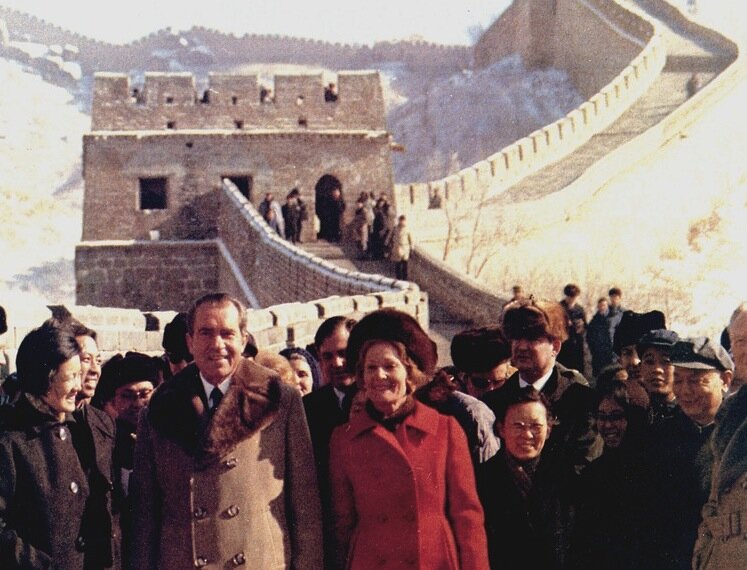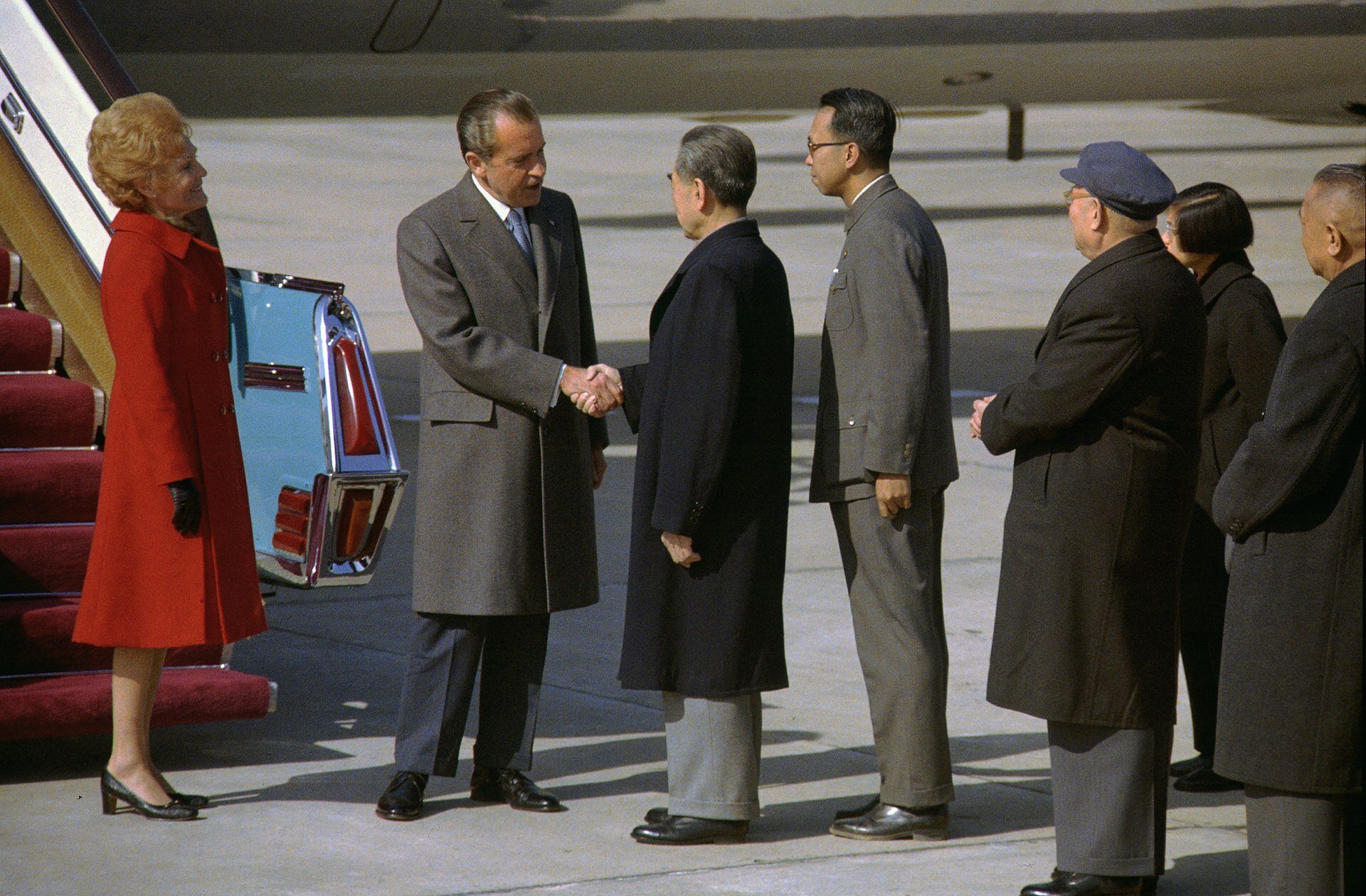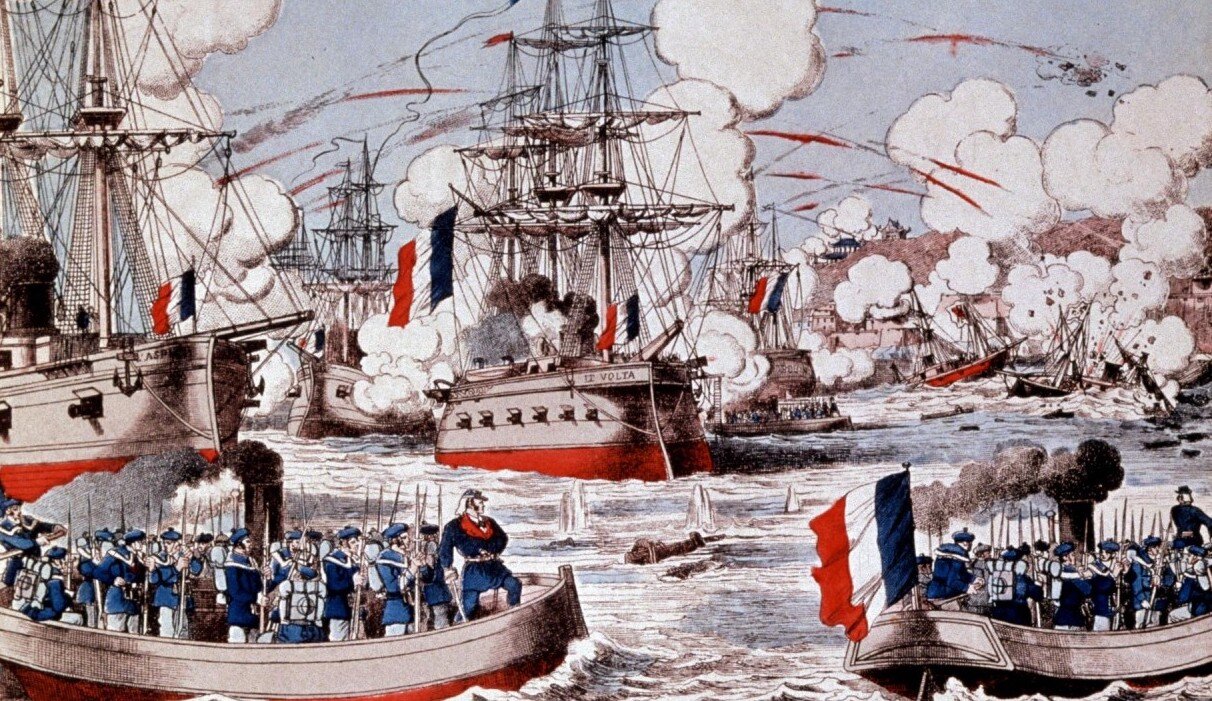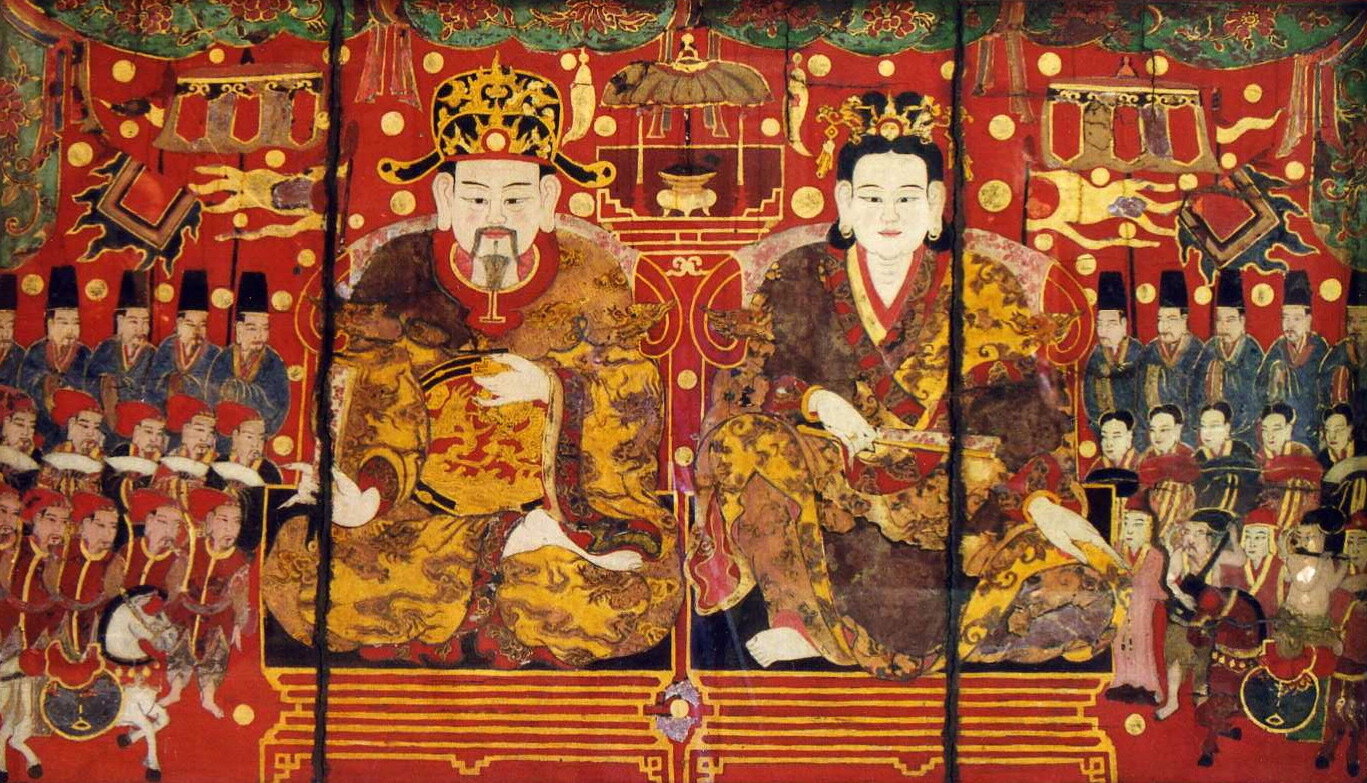Ep. 200 | The History of China-Vietnam Relations (Part 4)
In this landmark two-hundredth episode Laszlo carries the story of China-Vietnam forward, beginning with the three Mongol invasions of Đại Việt during the Trần Dynasty. This Part 4 episode will take us as far as the great (Later) Lê Dynasty founding emperor and resistance hero Lê Lợi.
Listen On Your Favorite Podcast Player
Terms in Episode
| Pinyin/Term | Chinese | Vietnamese | English/Meaning |
|---|---|---|---|
| Báiténg Jiāng | 白藤江 | Sông Bạch Đằng | River that witnessed a lot of Vietnam history, runs past Hanoi |
| Dai Ngu | 大虞国 | Đại Ngu Quốc | The name of the kingdom during the Ho Dynasty. Changed from Dai Viet |
| Dà Yuè Shǐ Jì | 大越史記 | Đại Việt Sử Ký | Official historical text of the Trần dynasty, that was compiled by the royal historian Lê Văn Hưu and was finished in 1272 |
| Dàdū | 大都 | - | Khanbaliq, the ancient site of present day Beijing, capital of the Mongol Empire |
| Dàlǐ | 大理 | Vương quốc Đại Lý | A kingdom in southwest China that lasted from 937-1253 |
| Ho Quy Ly | 胡季犛 | Hồ Quý Ly | Overthrower of the Ly Dynasty and founder of the Ho. |
| Hénèi | 河内 | Hà Nội | Meaning is "Within the rivers" The rivers in question are the Tô Lịch and the Đuống rivers |
| Hóng Jīn Qǐyì | 红巾起义 | Hồng Cân quân | Uprising that began towards the end of the Yuan 1351-1368. Led to the formation of the Ming Dynasty |
| Hūbìliè | 忽必烈 | Hốt Tất Liệt | Kublai Khan |
| Jiāozhǐ | 交趾 | Giao Chỉ | A former name of Vietnam in ancient times. |
| King An Duong | 安阳王 | An Dương | Ancient King who ruled Au Lac from 257-207BCE |
| Lam Son | - | Lam Sơn | Village in Vietnam where Le Loi's uprising began |
| Le Hoan | 黎桓 | Lê Hoàn | First emperor of the Early Le Dynasty, reigned 960-1005 |
| Le Loi | 黎利 | Lê Lợi | Also known as Le Dynasty founder Lê Thái Tổ. Lived 1384-1433 |
| Le Thai To | 黎太祖 | Lê Thái Tổ | Posthumous temple name of Le Loi |
| Le Thanh Tong | 黎圣宗 | Lê Thánh Tông | Later Lê Dynasty emperor, reigned from 1460-1497 |
| Luò Yuè | 雒越 | Lạc Việt | Ancient people who populated southern Guangxi and northern Vietnam |
| Lí Wénxiū | 黎文休 | Lê Văn Hưu | Vietnam's earliest historiographer. 1230-1322 |
| Lǐ Chángjié | 李常傑 | Lý Thường Kiệt | Ly Dynasty military great and "author" of the poem Nam Quốc Sơn Hà |
| Nanjing | 南京 | Nam Kinh | The "Southern Capital", located on the Yangzi. Capital of Jiangsu province |
| Nguyen | 阮 | Nguyễn | Most common Vietnamese surname. Also the name of a clan that grew powerful during the Later Lê Dynasty |
| Nán Guó Shān Hé | 南国山河 | Nam Quốc Sơn Hà | "Mountains and rivers of the southern country" credited to Lý Thường Kiệt to inspire his troops in their battle against the invading Song army. Probably written by someone else. |
| Nányuè | 南越 | Nam Việt | The kingdom established by Zhao. Lasted 204-111 BCE |
| Rú | 儒家 | Nho giáo | Confucianism |
| Shùn | 舜 | Đế Thuấn | Legendary emperor of China from pre-history |
| Shēng Lóng | 升龙 | Thăng Long | Rising Dragon (Former name of Hanoi) |
| Shǐ Jì | 史记 | Sử Ký | The Records of the Grand Historian |
| Subutai | 速不台 | Tốc Bất Đài | Lived 1175-1248. Main general for Chinggis and Ogedei Khan |
| Sui-Lý War | 隋平李佛子之战 | - | War in 602 CE between the forces of Sui and Ly |
| Sòng Yuè Xīníng Zhànzhēng | 宋越熙宁战争 | Chiến tranh Tống - Việt | Song Lý War 1075-1077 |
| Sòngxué | 宋学 | Tống-Minh lý học | Another more common term for Neo-Confucianism (in China anyway) |
| Sānhuáng Wǔdì | 三皇五帝 | Tam Hoàng Ngũ Đế | Three Sovereigns and Five Emperors |
| Sīmǎ Guāng | 司马光 | Tư Mã Quang | Great Northern Song historian and conservative statemsman |
| Sīmǎ Qiān | 司马迁 | Tư Mã Thiên | China's most famous and earliest historiographer. Lived during the Han Dynasty |
| Tet | 節元旦 | Tết | The Vietnamese name for the Lunar New Year |
| Thanh Hoa | 清化市 | Thanh Hóa | Coastal city in North Vietnam |
| The Ming-Ho War | 戰爭明 - 大虞 | Chiến tranh Đại Ngu - Minh | Ming invasion of Dai Ngu (Vietnam) 1406-1407 |
| Tran Hung Dao | 陳興道 | Trần Hưng Đạo | Tran royal prince, stateman and military leader. Lived 1228-1300. |
| Tran Nhan Tong | 陈仁宗 | Trần Nhân Tông | Third emperor of Tran Dynasty. Reigned 1278-1293 |
| Tran Thai Tong | 陈太宗 | Trần Thái Tông | Tran Dynasty first emperor |
| Tran Thanh Tong | 陳聖宗 | Trần Thánh Tông | Second Tran emperor. Reigned 1258-1278 |
| Tran Thu Do | 陳守度 | Trần Thủ Độ | Head of the royal guard. Helped overthrow the Ly Dynasty and became chancellor of the new Tran Dynasty |
| Trinh | 郑 | Trịnh | Common Vietnamese surname. Also the name of a clan that grew powerful during the Later Lê Dynasty |
| Tài Zǔ | 太祖 | Thái Tổ | The temple name usually given to a dynasty founder |
| Wang Mang | 王莽 | Vương Mãng | Han Dynasty official who usurped the throne in 9 CE, ruling until 23 CE. |
| Wáng Yángmíng | 王阳明 | Vương Dương Minh | Ming era Neo-Confucian philosopher, statesman, military leader and writer. Lived 1472-1529 |
| Wú Quán | 吴权 | Ngô Quyền | Ngo Dynasty founder. Lived from 897-944 |
| Xuong Giang | - | Xương Giang | Place where the final victory of Le Loi's forces happened. |
| Yǒnglè | 永乐帝 | Vĩnh Lạc | Ming emperor, fourth son of the Hongwu emperor. |
| Zhào Tuó | 赵陀 | Triệu Đà | Former Qin official sent down to manage affairs but ended up forming a kingdom instead |
| Zhèng Hé | 郑和 | Trịnh Hòa | Legendary explorer, diplomat, fleet admiral who lived 1371-1433(?) |
| Zhēng Cè | 徵側 | Trưng Trắc | Older of the Trung Sisters |
| Zhēng Shì Zǐmèi | 徵氏姊妹 | Hai Bà Trưng | The Trưng Sisters |
| Zhēng Èr | 徵貳 | Trưng Nhị | Younger of the Trung Sisters |
| Zhōu Wén Wáng | 周文王 | Chu Văn vương | Zhou Dynasty founder |
| Zhū Yuánzhāng | 朱元璋 | Chu Nguyên Chương | Ming Dynasty founder. Also known as the Hongwu Emperor |
| Ziang Sung Wan | 宦祥生 | - | The main character in Scott Seligman's new book "The Third Degree" |
| Zīzhì Tōngjìan | 资治通鉴 | Tư trị thông giám | Comprehensive Mirror to Aid in Government. Northern Song history of China up to that time |




















This episode features the Sriracha Chili Sauce King, David Tran. His life is a great immigrant success story and an inspiration to many aspiring immigrants and entrepreneurs.